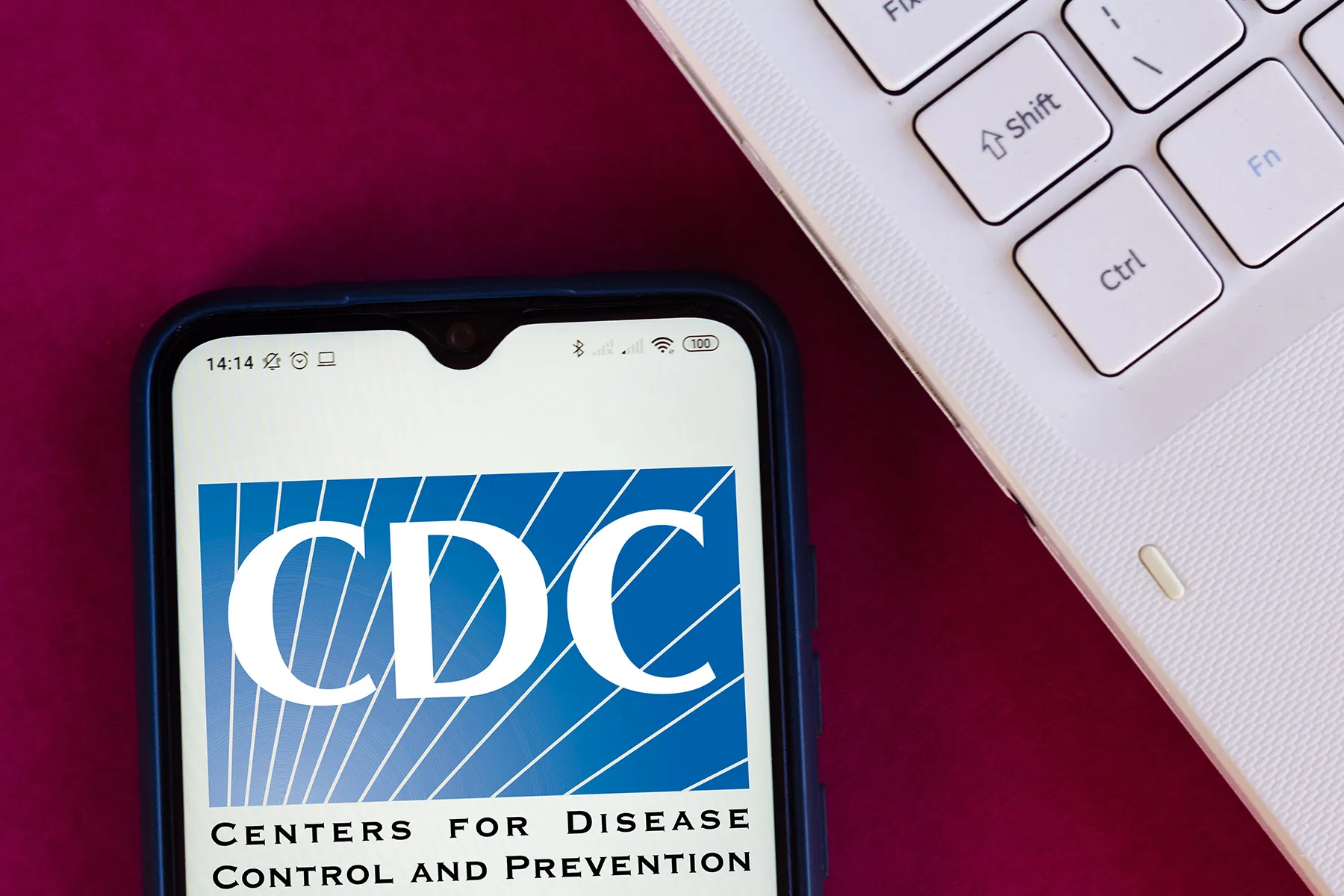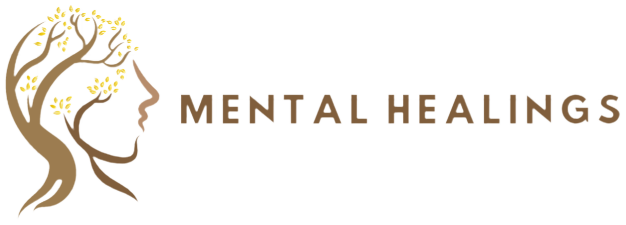
[ad_1]
March 7, 2023 — The political wars waged over public health recommendations on how to fight the COVID-19 pandemic have had a direct effect on the trust in public health agencies such as the CDC and FDA, according to the results of a survey conducted by Harvard researchers.
The study, published on March 6 in the journal Health Affairs, found that people who had low or no trust in these and other public health agencies at the federal, state, and local levels believed that agency decisions are inconsistent, influenced by politics, and not based on science.
Among respondents who had high trust in these agencies, just half said that doing a good job on controlling the pandemic was a major reason for that trust. Instead, their faith in federal public health agencies was mainly related to their belief that these institutions follow scientific evidence in developing policies. People who trusted state and local agencies cited their direct, compassionate care.
The phone survey, conducted in February 2022, involved 4,208 U.S. adults. The authors say that theirs is the first study to look at the attitudes that contribute to or detract from trust in public health agencies.
To put the public health trust data in perspective, information from doctors and nurses earned the highest trust of any category in the survey. Fifty-four percent of the respondents said they trust doctors, and 48% trust nurses. These professionals top the list in almost every survey because they are perceived as technically competent and compassionate, says lead study author Gillian SteelFisher, PhD, principal research scientist and deputy director of global polling at the Harvard Opinion Research Center.
Scientists (44%) and pharmacists (40%) also received a relatively high amount of trust. The CDC (37%) and the National Institutes of Health (33%) were on the next lower rungs of the list. About a quarter of respondents trusted their local and state health departments. For information about COVID-19, 42% of respondents trusted the CDC, and about a third of them trusted state or local health departments.
Political Influence Suspected
Among the reported reasons for low trust in the public health agencies, the one cited most often was the supposed political influence on their recommendations and policies. Roughly three-quarters of respondents with low trust in the agencies mentioned this as a factor in their attitudes. Half or more of respondents cited private sector influence on agency recommendations and policies. This was suggested more often for CDC than for other agencies (60% CDC, vs. 53% state agencies and 48% local agencies). Too many conflicting recommendations was another reason for low trust (73% for CDC, vs. 61% for state agencies and 58% for local agencies).
According to the study, the “influenced by politics” view might have been related to instances during the pandemic “in which the agencies’ legal authority to prevent and control the spread of COVID-19 has been shifted to elected officials.”
Without giving specific examples, SteelFisher says, “What people want to see is that an agency is leading with science, that they’re making rational, logical, scientifically grounded decisions. It’s not that some people are saying, ‘I don’t believe in science.’ It’s that what they consider to be scientific is different [from what they’re hearing], and they worry that they’re not receiving the truth.”
Public health agencies need “clear lanes of authority,” she says, and should give clear recommendations to elected officials instead of being swayed by those officials or others to “go in a certain direction.”
Media Plays Major Role
The news media and certain websites have contributed to this confusion by highlighting these controversies or promoting misinformation, she says.
“The policies around COVID got discussed in the media as being connected to politics,” she says. “So the media’s coverage of the influence of politics drives that concern.”
People not paying enough attention to COVID-19-related news is not the problem, she says. They have [plenty] of information, but the issue is how much high-quality information is in their mix.
“Clickbait headlines can drive these attitudes, and the algorithms behind people’s newsgathering resources can drive them in a particular direction. That contributes to a distorted narrative behind what’s happening.”
The survey results also showed that many people worry about corporations influencing public health policy, she says.
“This isn’t just related to COVID; it comes from a broader worry about the development of drugs and vaccines. People want to know there’s an independent body that is making well-informed decisions and is providing advice that is in the public’s best health interest. People are worried there’s something else behind the recommendations, and that drives a loss of trust.”
Agencies Need to Build More Public Trust
Trust in what public health agencies are saying is essential to enlisting the population’s help in fighting pandemics and other public health emergencies, the study said. GillFisher cited the controversy over the CDC’s changing recommendations on mask wearing. Early in the crisis, she noted, a lot was unknown about how the COVID-19 virus was transmitted; consequently, there were some well-publicized shifts in what the agency recommended on whether and where to wear masks and what kinds of masks to wear.
This should be regarded as natural in a public health emergency, where the scientific evidence keeps changing, she said. But if public trust is lacking, she noted, “there can be an inappropriate perception that policies are inconsistent. That’s also hard for the media environment, and there are media outlets that take advantage of that, too.”
Where We Go From Here
The paper makes a few recommendations on how public health agencies can improve public trust going forward. Among them are the following:
- Make it clear that the public health agencies, and not elected officials, are the purveyors of scientific information to officials and the public.
- Explain how agency decisions are anchored in scientific evidence, so that changes in policy or recommendations are seen not as conflicting but rather as responsive to new evidence.
- Tailor communication approaches to specific segments of the public, depending on their trust level.
- Use the influence of doctors and nurses, who are more trusted than the agencies, to deliver public health messages to their patients.
The time is ripe to implement these strategies before the next pandemic, SteelFisher maintains. “Everyone is exhausted right now, so it’s hard to think about it. But it’s the right time, and we have some lessons learned.”
[ad_2]
Source link






